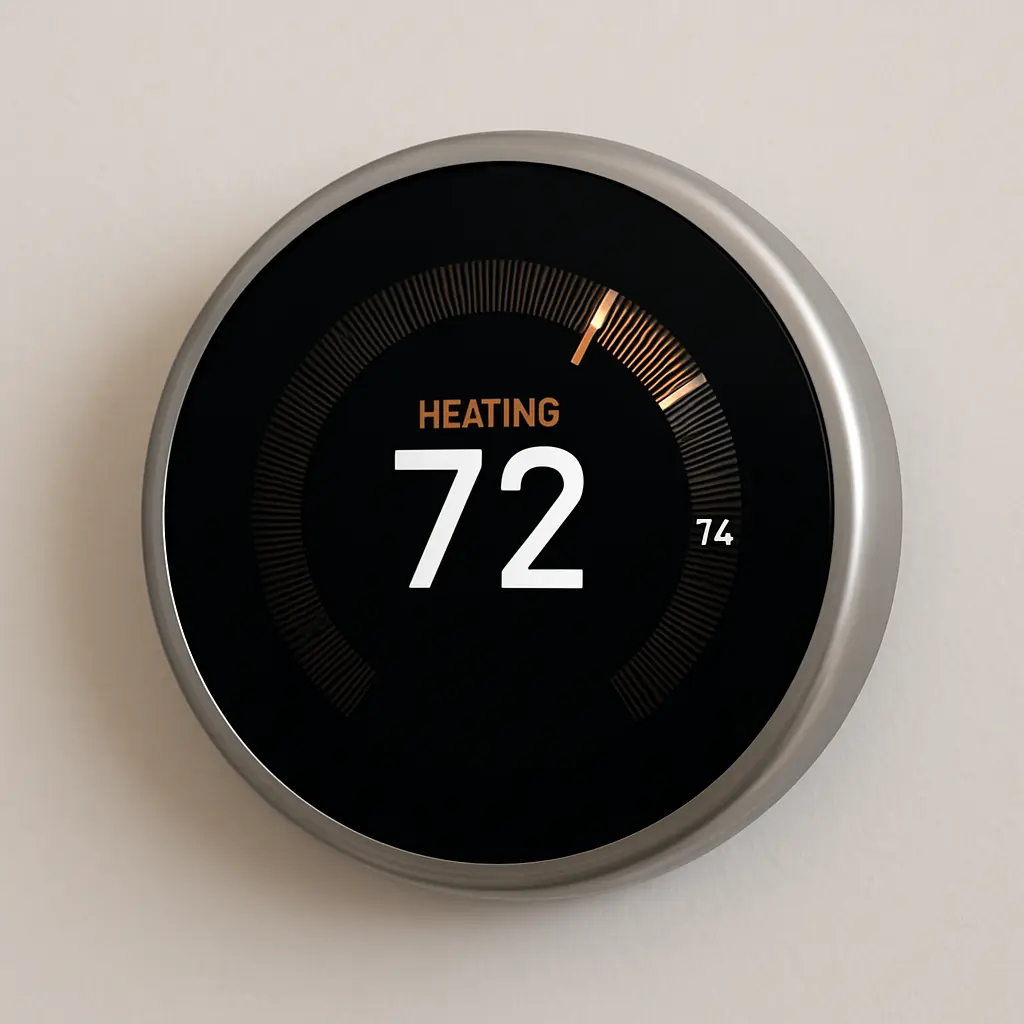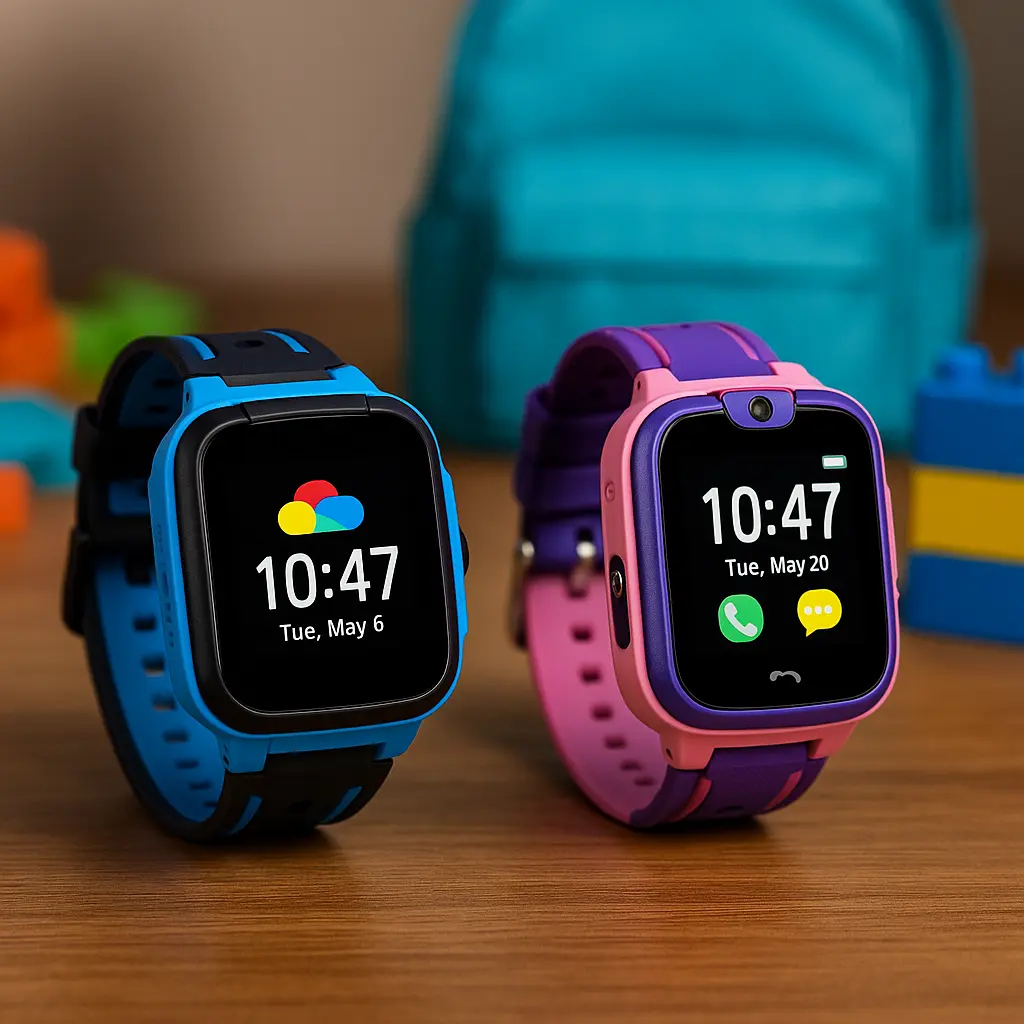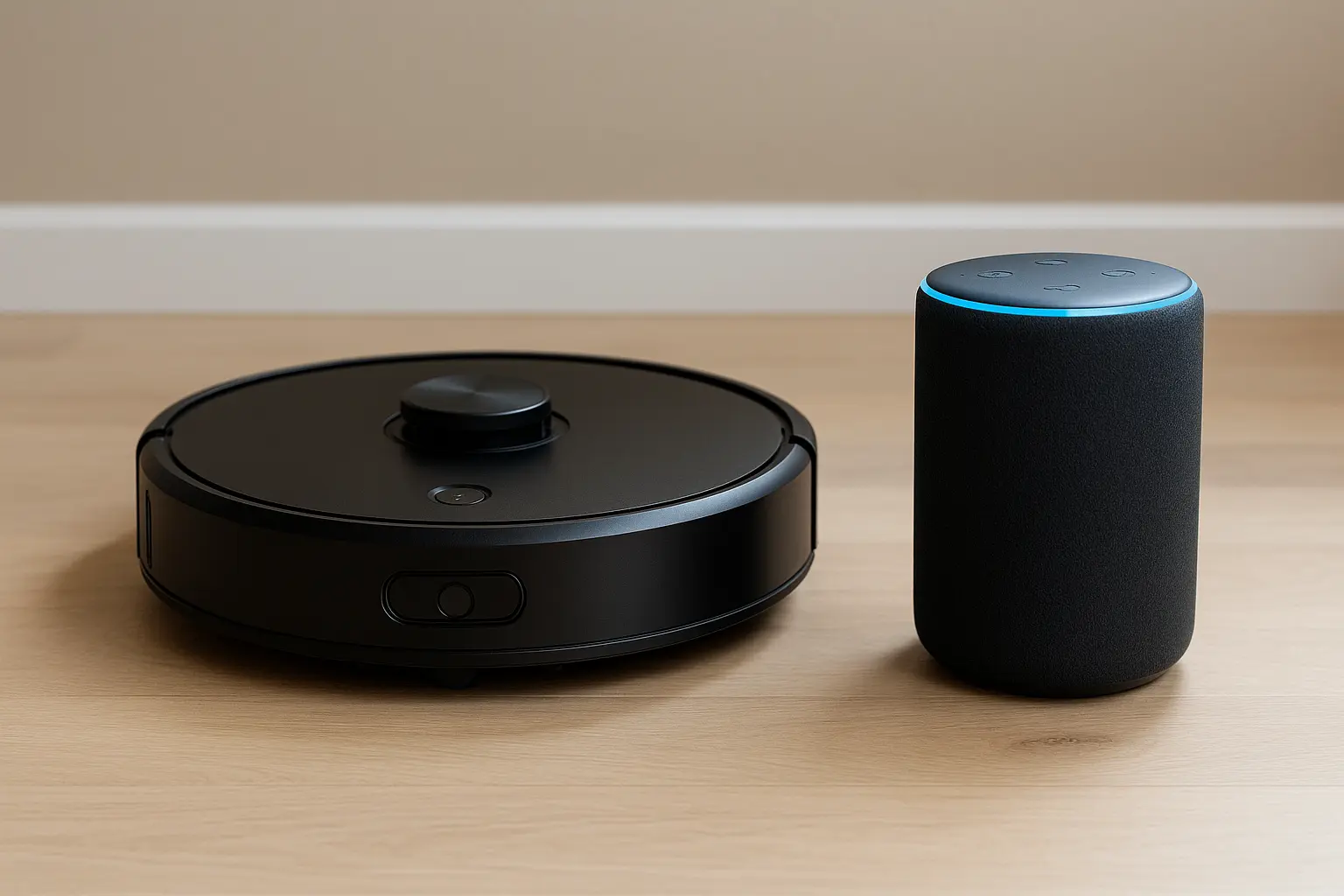How to Back Up Your iPhone to iCloud or Mac – Step-by-Step Guide [2025]
Don’t lose your photos, messages, or contacts. Here’s how to back up your iPhone the easy way – no tech skills required!
Let’s be honest — no one wants to lose their iPhone data. Whether you’re switching to a new iPhone, doing a factory reset, or just being safe (which you should be!), backing up your iPhone is the smartest thing you can do.
The good news? You don’t need a computer science degree or cables everywhere. In this guide, we’ll show you step-by-step how to back up your iPhone using iCloud or your Mac, in the easiest and safest way possible. This guide works for iPhone 13, 14, 15, and even older models, running iOS 17 or newer.
Let’s dive in.
Contents
- 1 ✅ Why You Should Back Up Your iPhone
- 2 ☁️ Option 1: Back Up iPhone to iCloud (No Cable Needed)
- 3 💻 Option 2: Back Up iPhone to Mac (macOS Catalina or newer)
- 4 📊 Comparison Table: iCloud vs Mac Backup
- 5 🔁 How to Restore from a Backup
- 6 🚨 Common Issues & Quick Fixes
- 7 🔐 Pro Tips for Safe Backups
- 8 🔗 Internal Links
- 9 🙋 FAQ – People Also Ask
✅ Why You Should Back Up Your iPhone
Protect your photos, videos, messages, contacts, and app data
Easily transfer everything to a new iPhone
Have peace of mind before a reset, repair, or software update
Avoid losing precious memories or work files
☁️ Option 1: Back Up iPhone to iCloud (No Cable Needed)
This is the easiest and most convenient option. Everything happens wirelessly and automatically — as long as you’re connected to Wi-Fi.
📱 Step-by-step:
On your iPhone, go to Settings
Tap your Apple ID name at the top
Tap iCloud > iCloud Backup
Toggle on “Back Up This iPhone”
Tap “Back Up Now”
📌 Tip: Keep your iPhone connected to Wi-Fi and plugged in while backing up.
✅ What gets backed up to iCloud?
Photos & videos (if iCloud Photos is on)
iMessages, SMS, app data
Device settings, home screen layout
Health data, wallet, and more
📦 Free storage is only 5GB, so you might need to upgrade your iCloud plan (starts at $0.99/month for 50GB).
💻 Option 2: Back Up iPhone to Mac (macOS Catalina or newer)
If you have a Mac and want a full offline backup, this is the way to go. You’ll need a USB/Lightning or USB-C cable.
💡 Steps:
Connect your iPhone to your Mac
Open Finder (your iPhone should appear in the sidebar)
Click your iPhone > choose “Back up all of the data on your iPhone to this Mac”
Click “Back Up Now”
Wait until it’s done (you’ll see progress at the top)
🔐 Want extra protection?
Check “Encrypt local backup” to include saved passwords and Health data. Just don’t forget your password.
📊 Comparison Table: iCloud vs Mac Backup
| Feature | iCloud Backup | Mac Backup |
|---|---|---|
| Storage Limit | 5GB free (paid plans available) | Depends on Mac’s storage |
| Needs Cable | ❌ | ✅ |
| Automatic Backup | ✅ (when on Wi-Fi & charging) | ❌ (manual only) |
| Includes Health & Passwords | ✅ | ✅ (if encrypted) |
| Access from Anywhere | ✅ | ❌ |
🔁 How to Restore from a Backup
When setting up a new or reset iPhone:
Choose “Restore from iCloud Backup” during setup
Or connect to your Mac and select “Restore from this backup”
📌 Make sure your backup is recent and complete before restoring.
🚨 Common Issues & Quick Fixes
iCloud Backup Greyed Out?
→ Make sure you’re connected to Wi-Fi and signed in to iCloud.
Not Enough Storage?
→ Upgrade iCloud storage or delete old backups.
Mac Not Detecting iPhone?
→ Try a different USB port or cable. Unlock iPhone and tap “Trust This Computer”.
🔐 Pro Tips for Safe Backups
Schedule a backup at least once a week
Enable automatic iCloud backups
Keep 1 iCloud + 1 Mac backup if possible
Use encrypted Mac backups for security
🔗 Internal Links
How to Reset iPhone Without Passcode or Computer (2025 Guide)
“Planning to reset your iPhone? Make sure to back it up first using one of these methods.”
MacBook Air M3 Review (Mid 2025)
“If you’re using a Mac to back up your iPhone, the new MacBook Air M3 offers a perfect lightweight solution.”
🙋 FAQ – People Also Ask
Do I really need to back up my iPhone?
Yes! Backups protect you from losing important data like photos, contacts, or messages if something goes wrong.
Is iCloud backup enough?
For most people, yes. But combining it with a Mac backup is even better.
How long does it take to back up iPhone?
Depends on your data size and connection. iCloud backups can take minutes to an hour; Mac backups are often faster.
Can I back up iPhone without Wi-Fi?
You need Wi-Fi for iCloud. For offline backup, use a Mac and a cable.
![Stream Without Limits – Best Wi-Fi 7 Routers for Buffer-Free Entertainment [2025] 1 Four modern Wi-Fi 7 routers displayed on a dark surface with a clean blue background, highlighting their sleek design and advanced antenna configurations.](https://www.techgadgetradar.com/wp-content/uploads/2025/06/best-wifi7-routers-streaming-2025-feature-image.webp)
![Fast, Cheap & Future-Proof – Best 5G Phones Under $400 [2025 Picks] 2 Four modern 5G smartphones under $400 in 2025 displayed on wooden table with vibrant screens](https://www.techgadgetradar.com/wp-content/uploads/2025/06/best-5g-phones-under-400-2025-feature.webp)



![Type Like a Pro – Best Mechanical Keyboards for Your Mac Setup [2025] 6 MacBook connected to a compact mechanical keyboard on a wooden desk](https://www.techgadgetradar.com/wp-content/uploads/2025/06/best-mechanical-keyboard-mac-setup-2025-feature.webp)
![How to Back Up Your iPhone to iCloud or Mac – Step-by-Step Guide [2025] 7 Illustration of an iPhone backing up to iCloud and Mac using dotted lines and icons](https://www.techgadgetradar.com/wp-content/uploads/2025/05/backup-iphone-icloud-mac-2025.webp)